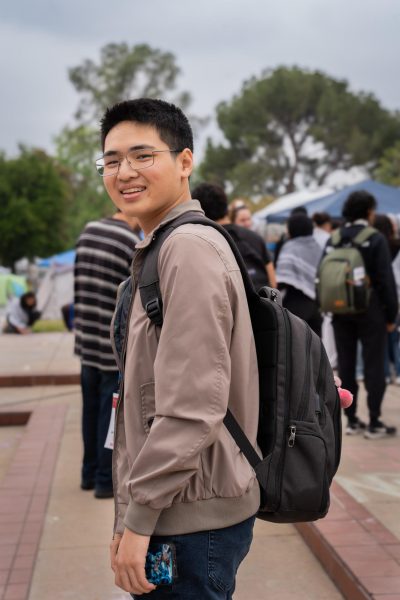The Academic Senate’s artificial intelligence workgroup recommends professors to put a stance about ChatGPT, an artificial intelligence chatbot, into their syllabi before Mt. SAC establishes a position amid educators’ concerns.
The “Education and AI guide,” written by the artificial intelligence workgroup, defines artificial intelligence as technology that can produce human-like texts or images. It mentions tools such as Midjourney, an image-generation AI software, and ChatGPT, which generates human-like text in response to user inputs.
Educators are concerned about ChatGPT as it can generate essays that pass plagiarism detectors.
The artificial intelligence workgroup suggests professors to include their artificial intelligence stance in their syllabi, with policy options including banning ChatGPT, requiring prior permission for its use, allowing it with proper citation, or no restricted usage.
Some professors are concerned about the practicality of enforcing a ChatGPT ban. Paul O’Brien, an English Professor, said “To be clear unless someone’s using [ChatGPT] right in front of you. You don’t know that they’re using it.”
Raul Madrid, the leader of the artificial intelligence workgroup, recommends mitigating AI usage by having a conversation with students about AI.
Madrid agrees with O’Brien about how it is hard to enforce a ban because of the lack of evidence for artificial intelligence usage.
To address dishonest ChatGPT usage, “We essentially recommend [to the Senate] that we adopt language that makes it clear that the unethical use of AI is plagiarism,” Madrid said.
Madrid expects Mt. SAC to establish an official position on artificial intelligence through the Senate by the upcoming academic year.



